The University of Lethbridge Alumni Association is pleased to recognize those who have achieved significant accomplishments by inducting six new members into the Alumni Honour Society. This year’s inductees span discipline and region, and their shared commitment to bettering society has propelled each of them towards greatness.
“This year’s inductees are strong examples of how our alumni make a difference in their communities,” says Jason Elliott, president of the ULAA. “Each of our recipients has taken their education at the U of L and built diverse careers with substantial impact. We’re so proud to recognize their efforts.”
Introduced in honour of the University’s 35th Anniversary in 2002, the University of Lethbridge Alumni Association established the Alumni Honour Society to recognize the achievements of a select group of alumni each year. The individuals honoured serve as role models through success in their vocation, outstanding community service or superior accomplishment in their avocation.
Like those before them, the 2020 inductees are outstanding examples of U of L alumni. Each of the individuals used the knowledge they gained at the University to achieve their personal and professional goals, and through these achievements has left a lasting impact on the people, organizations and communities with which they are involved.
2020 Alumni Honour Society Inductees
Roxanne Dicke (BFA ‘93)
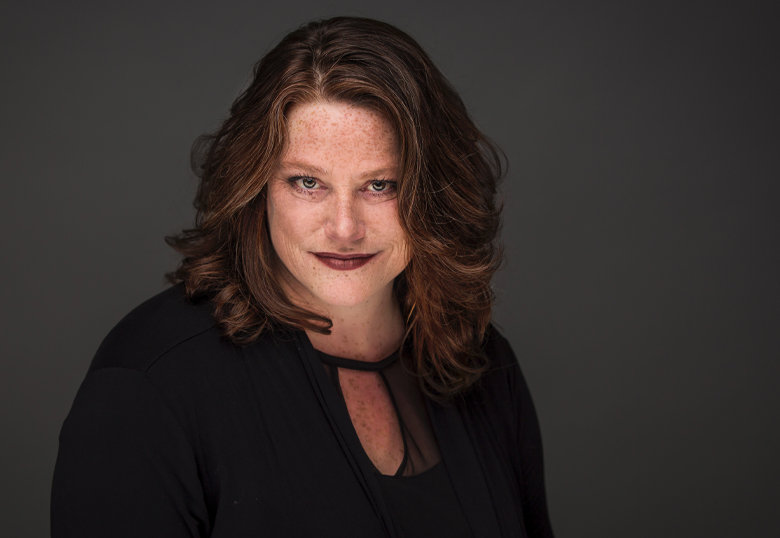
Roxanne Dicke’s accomplishments include founding a theatre company (Spark Theatre), chairing the Prince Albert Arts Board and integrating arts through engagement of diverse groups. Using theatre as a medium for education, Dicke is committed to shining a spotlight on human rights, social justice and gender equality. Her work as an instructor, writer, director and actor extends towards prioritizing space for marginalized voices, including Indigenous artists and survivors of domestic violence. Her passion and commitment to youth and post-secondary drama education inspires her to expand access to arts education throughout the community. Armed with an unwavering advocacy for the positive impact of the arts, Roxanne believes that artists, youth and community members gain confidence and skills from theatre to engage in powerful creativity.
Angela Grace (BFA/BEd ‘96, MEd ‘03)
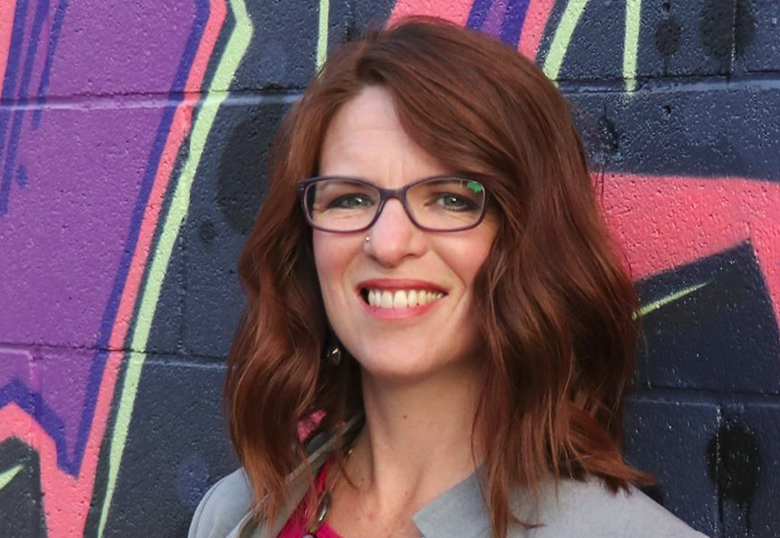
Dr. Angela Grace’s passion for preventing eating disorders, trauma and burnout has guided her career as a registered psychologist. Combining her love of theatre, teaching and well-being, she has advocated for youth mental health and eating disorder prevention for over 20 years. Throughout her career, Grace has explored going beyond traditional talk therapy and into holistic approaches that balance body, mind, spirit and relationships. The culmination of her work thus far may best be found in her leadership in creating Evening of Hope, a performance evening where people who have recovered from eating disorders share their stories through art, theatre and performance. She readily advocates for the value of creativity-driven healing and frequently shares her work with students and professionals worldwide.
Michael (Scott) Greer (BSc ‘05, MSc ‘08)
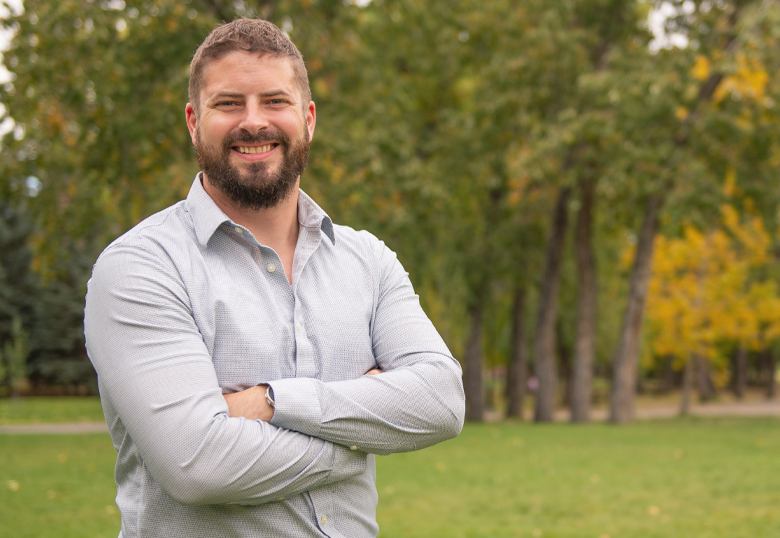
A leader in the emerging field of cannabis biotechnology, Scott Greer is on the cutting edge of global innovation. As the Senior Director of Operations with Willow Biosciences, a company using synthetic biology to redesign yeast strains to produce cannabinoids, Greer bridges the realms of science and business. Expertly coordinating funding, operations and research teams is all in a day’s work for Greer, and his vision plays a key role in economic and environmental sustainability. He also combines his love of science with teaching, and has spent much of his career overseeing and mentoring biotechnology students. His boundless curiosity fuels his passion, and it is clear that Greer’s academic and professional contributions will impact the world for years to come.
Briana Koop (BA ‘09)
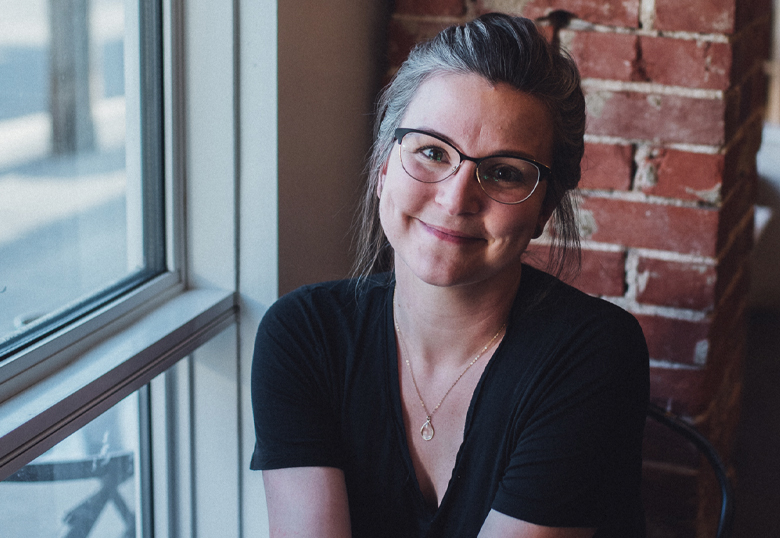
When Briana Koop found herself seeking supports for families facing infant loss, she struggled to find adequate resources. She was inspired to collaborate with other determined individuals to co-found Empty Arms Perinatal Loss Support Services, which assists families experiencing pregnancy loss and/or infant death. She frequently organizes events and engages local media to generate awareness, bring families together and raise funds. Koop combines her love of photography with her devotion to the non-profit organization by volunteering to take remembrance and memorial photographs for people facing this grief, which are often the only moments families are able to capture. Her tireless work to make a positive impact in her community has built resiliency and strength in the face of difficult loss.
Dale Leffingwell (BASc (BA) ‘71)
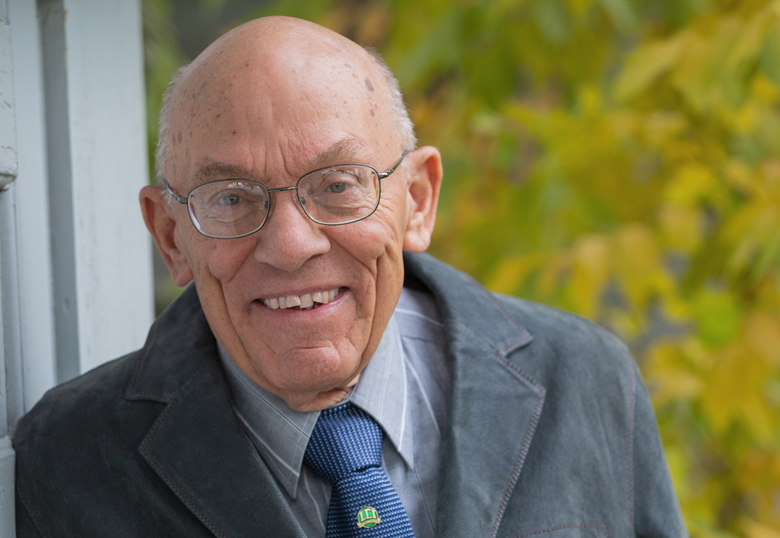
Dale Leffingwell’s dedication to preserving histories unique to rural communities is exceptional. Retiring from a career as a youth worker, he has volunteered his time with local museums and historical societies for over a decade. As the founding president of the Milk River Historical Society, Leffingwell secured dedicated museum space, led the conservation and renovation of the Northwest Mounted Police Barracks and hosted workshops for students and community members with the Centre for Oral History and Tradition. From raising funds to rallying the community to come together, Leffingwell leads with passion and an infectious enthusiasm. This, coupled with his dedication to sharing the stories and history of the Milk River region, ensures future generations will understand the importance of protecting local history.
Perry Stein (BA ‘09)
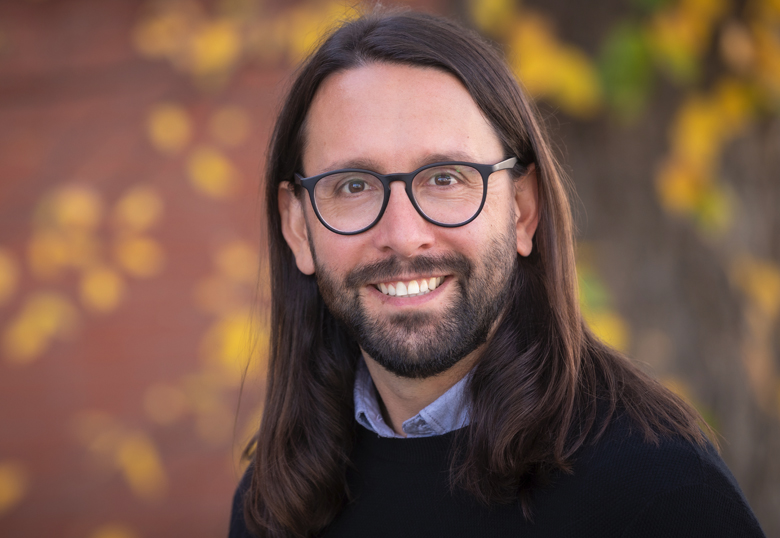
Building strong relationships is at the core of Perry Stein. As the first-ever Indigenous Relations Advisor for the City of Lethbridge, Stein integrates community planning and reconciliation to bring Indigenous and non-Indigenous peoples together. Having led the first broad survey of Indigenous heritage in the city, his work explores topics previously overlooked by the community planning profession, including the incorporation of Indigenous Traditional Knowledge and the meaningful engagement of Indigenous peoples and communities. Stein is a leader in advancing the conversation around industry’s role in reconciliation, and he frequently shares his knowledge with local and global communities. His level of dedication to this work, coupled with his experience in the public sector, has set the stage for years of vital growth and change across communities.
